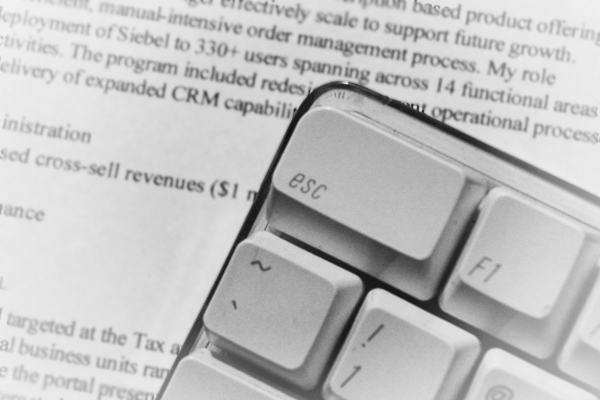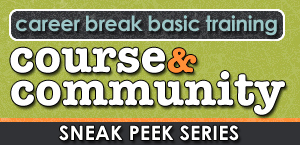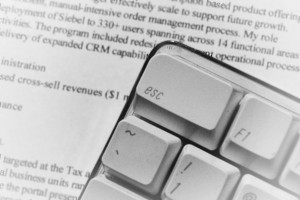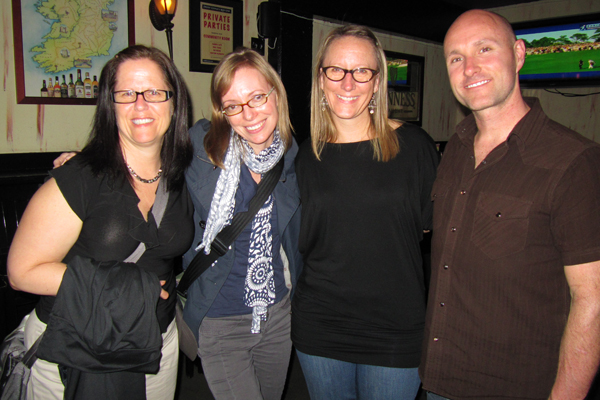As a long term traveler on sabbatical, I am occasionally asked, “Are you concerned about coming back to work? How will you explain the large gap in your resume?”
Each time this question is posed, I calmly reply “of course not.” As the months have passed, some of the lessons I’ve learned are easier to articulate than others. Nevertheless, here are five skills that I have tuned while traveling. I am sure that these skills will make me a more confident executive leader and apply to other travelers as well.
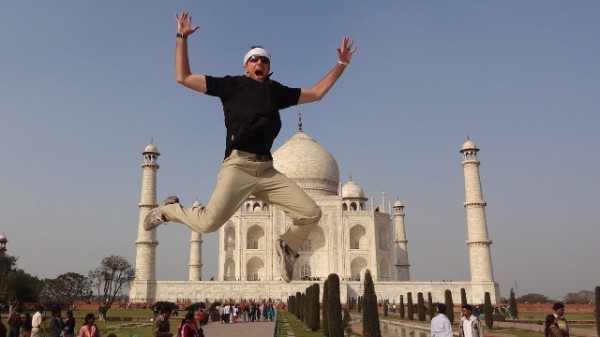
Separate the Wheat from the Chaff
At some point every executive has had to make a decision with less information than would be considered prudent. In a complex business environment, executives need strong analytical skills for sure, but the best leaders regularly listen to their intuition. As Malcom Gladwell describes in his book Blink: The Power of Thinking Without Thinking, we do that by “thin-slicing,” using limited information to come to our conclusion.
“In what Gladwell contends is an age of information overload, he finds that experts often make better decisions with snap judgments than they do with volumes of analysis. He also mentions that sometimes having too much information can interfere with the accuracy of a judgment, or a doctor’s diagnosis. This is commonly called Analysis paralysis.
The challenge is to sift through and focus on only the most critical information to make a decision. The other information may be irrelevant and confusing to the decision maker. Collecting more and more information, in most cases, just reinforces our judgment but does not help to make it more accurate.”
The book argues that intuitive judgment is developed by experience, training, and knowledge. Travelers thin-slice every time they choose to hire a tuk-tuk, accept a gift from a local, or share a drink with new friends.
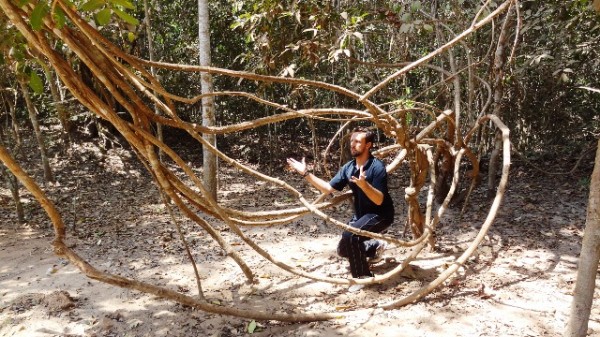
Mystic Connection with Nature
Steven R. Covey wrote that “[e]very human has four endowments- self awareness, conscience, independent will and creative imagination. These give us the ultimate human freedom… The power to choose, to respond, to change.” Further, he shares that “[t]he way we see the problem is the problem.”
It follows then that with an awareness of the true nature of universal timeless principles, we can alter reality. As a traveler, you are frequently vulnerable. We can choose to see power in this vulnerability or we can find weakness. Specifically, vulnerability exposes us to scams, theft, and crime. Vulnerability also inspires a heightened sense of awareness and curiosity that helps us embody true “presence” or appreciation or our surroundings.
Super Human Hops
As a traveler you are often faced with unique situations leaving few resources at your disposal. Even the best planned itinerary can result in flight cancellations, unexpected bus delays, or an unforeseen arrival during a regional celebration or workforce strike.
Finding solutions to travel surprises expands confidence in out-of-the-box thinking, and reinforces creative problem solving skills.
Having the confidence to hurdle over unexpected challenges makes the difference between an average worker and an exceptional team contributor.
Stomp Out Insecurity
Until your team feels trusted, understood, valued, and enabled, synergistic results will remain elusive.
Insecurity is that feeling inside us that prevents us from becoming deeply empathic listeners. If we are to cultivate empowered teams which operate over the foundation of high trust relationships, deliver passionate contributions, and produce synergistic results – insecurity must be at a minimum.
Through an exposure to foreign religions, manners, and cultural norms we naturally gain an appreciation for varied cultural views. This appreciation shifts the fulcrum allowing increased understanding and reduced fear. By eliminating fear we can stomp out insecurity.

Multiple Perspectives
As mentioned earlier, empathic listening is critical to success in an interdependent reality. To achieve empathic communication at least one party must be engaged in seeing reality from multiple perspectives. It is only by reflecting content and feeling, accurately and completely, that communication barriers are replaced with profound understanding. Having awareness and being centered in compassion are the first two requirements for such understanding.
Travel long enough and you will eventually find yourself a sleep-deprived, under-fed traveler whose fate depends on the services of an under-paid, under-appreciated, and under-educated world citizen. In these scenarios, empathic communication will often make the difference between a seat on a train, a room in a hostel, or a bite to eat and utter frustration. Through necessity travelers develop empathic listening skills.
In the end, travel creates executives equipped to achieve synergistic results through heightened awareness, empathic communication, and out-of-the-box thinking. With practice, these individuals can be shown to make quality decisions given limited information. Now that’s a leader worth hiring!
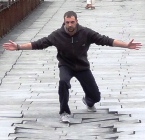 Matthew K. Sharp is the co-founder of Inertia Interrupted and is currently trekking, volunteering, diving and photographing the world with his wife, Luz. You can connect with him on Facebook and follow him on Twitter.
Matthew K. Sharp is the co-founder of Inertia Interrupted and is currently trekking, volunteering, diving and photographing the world with his wife, Luz. You can connect with him on Facebook and follow him on Twitter.
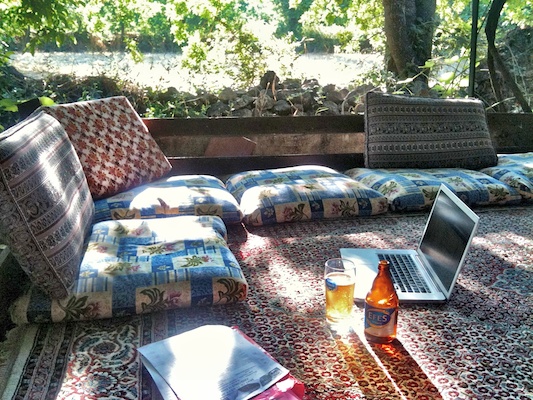




 Matthew K. Sharp is the co-founder of
Matthew K. Sharp is the co-founder of 